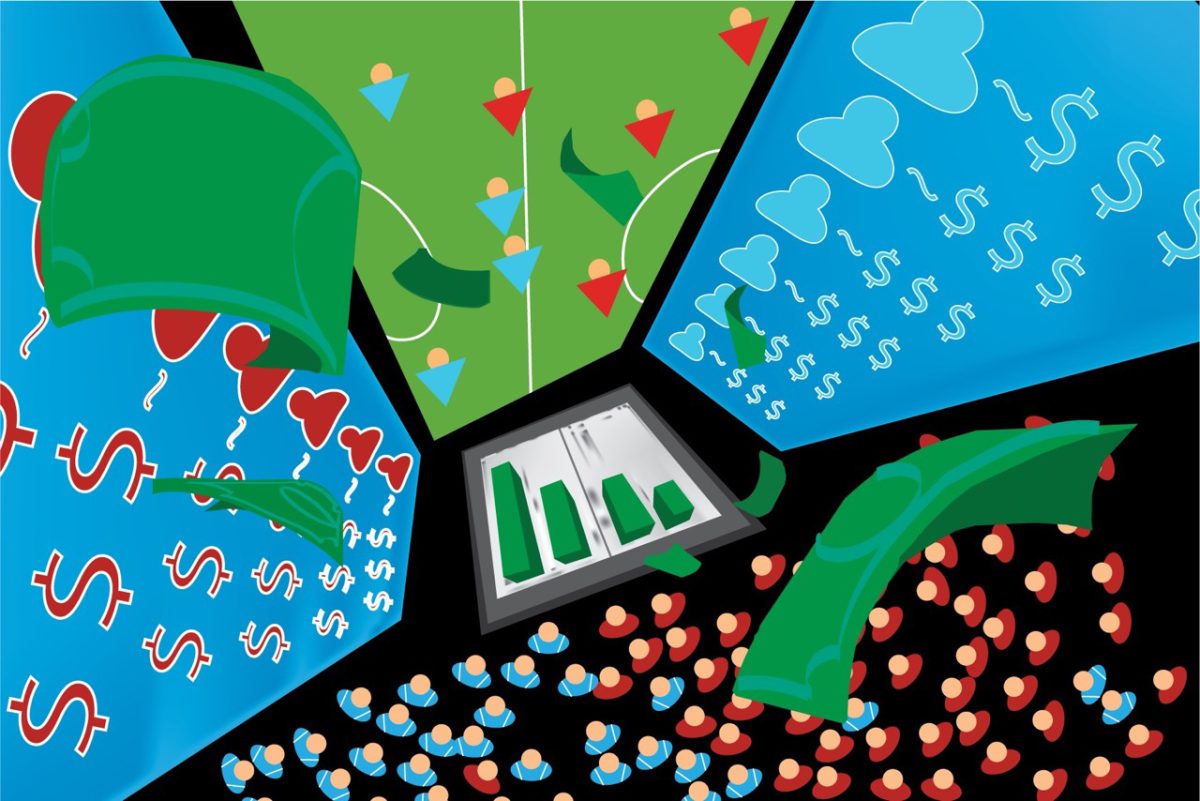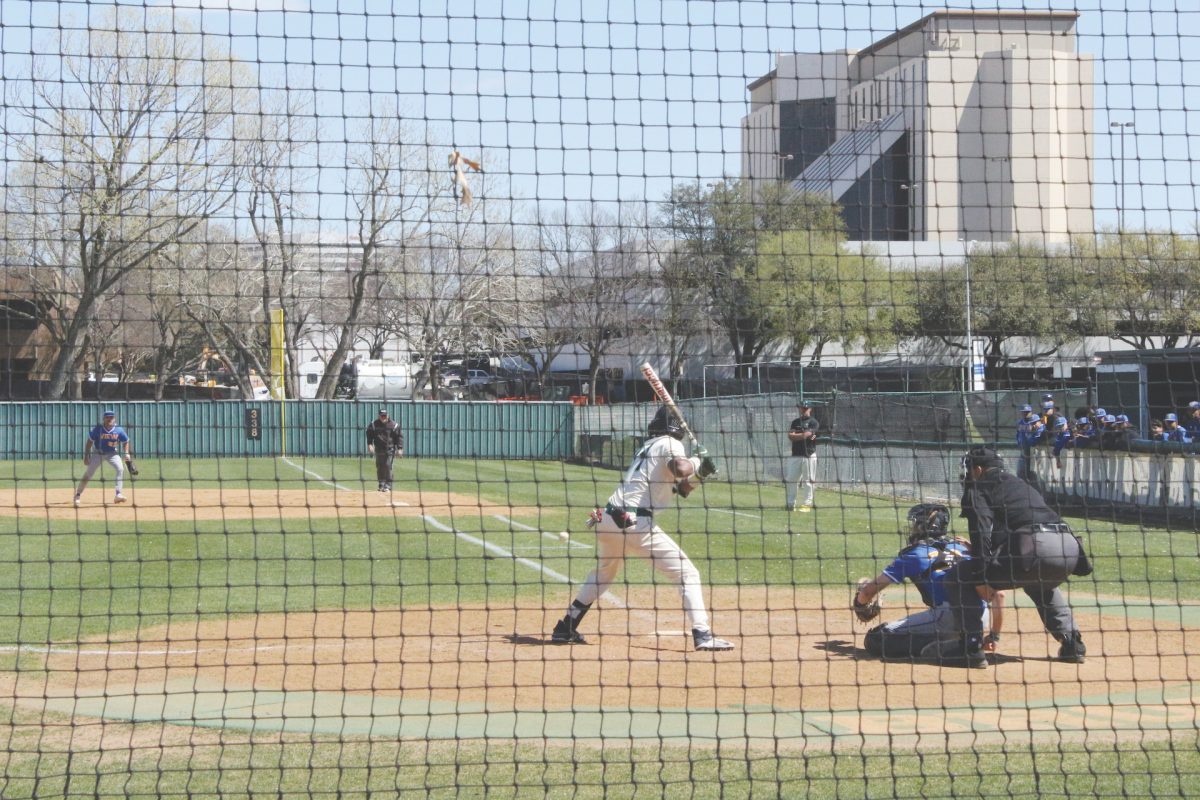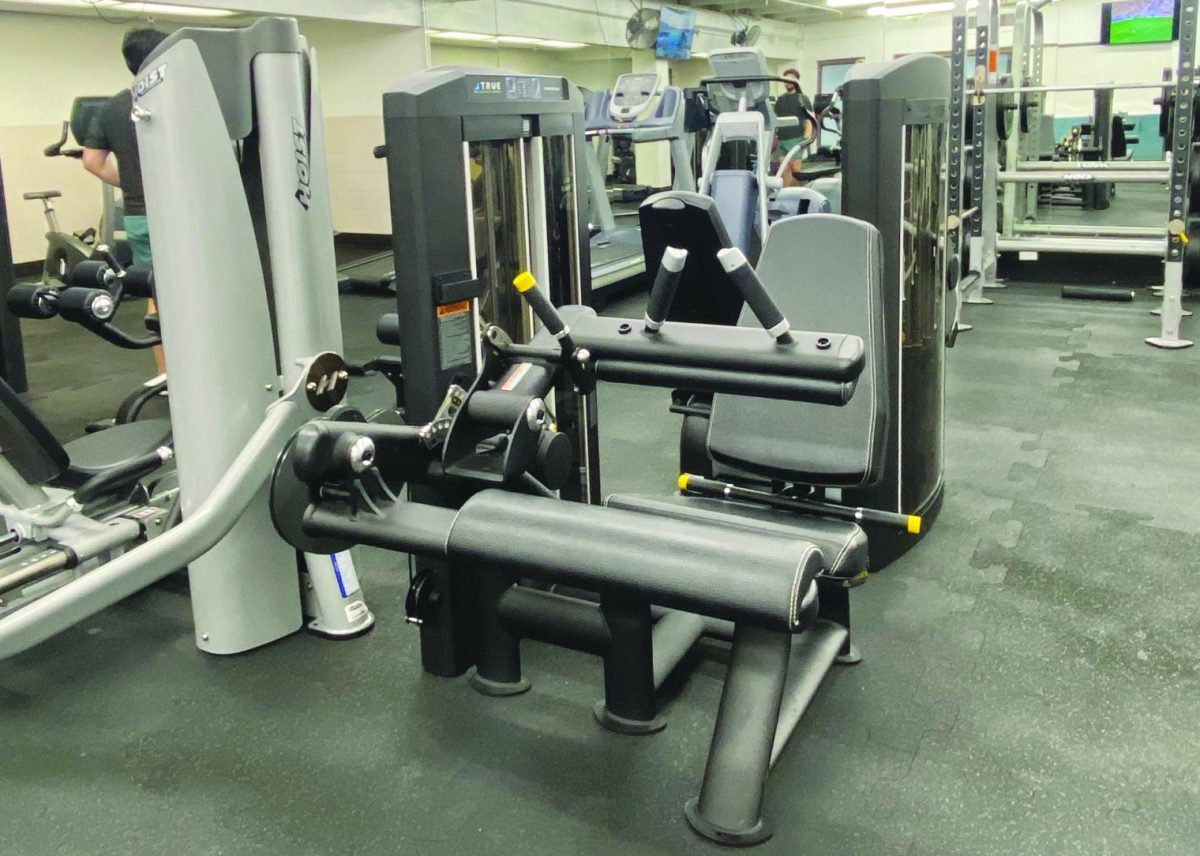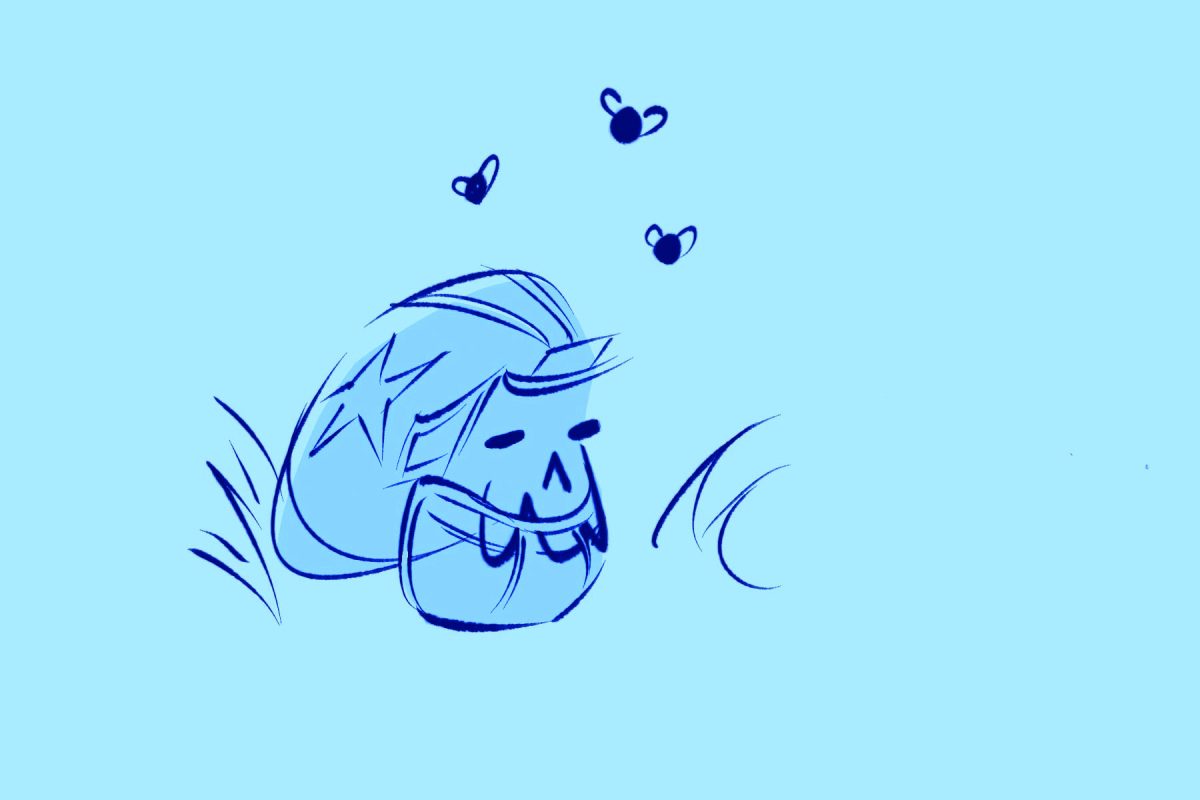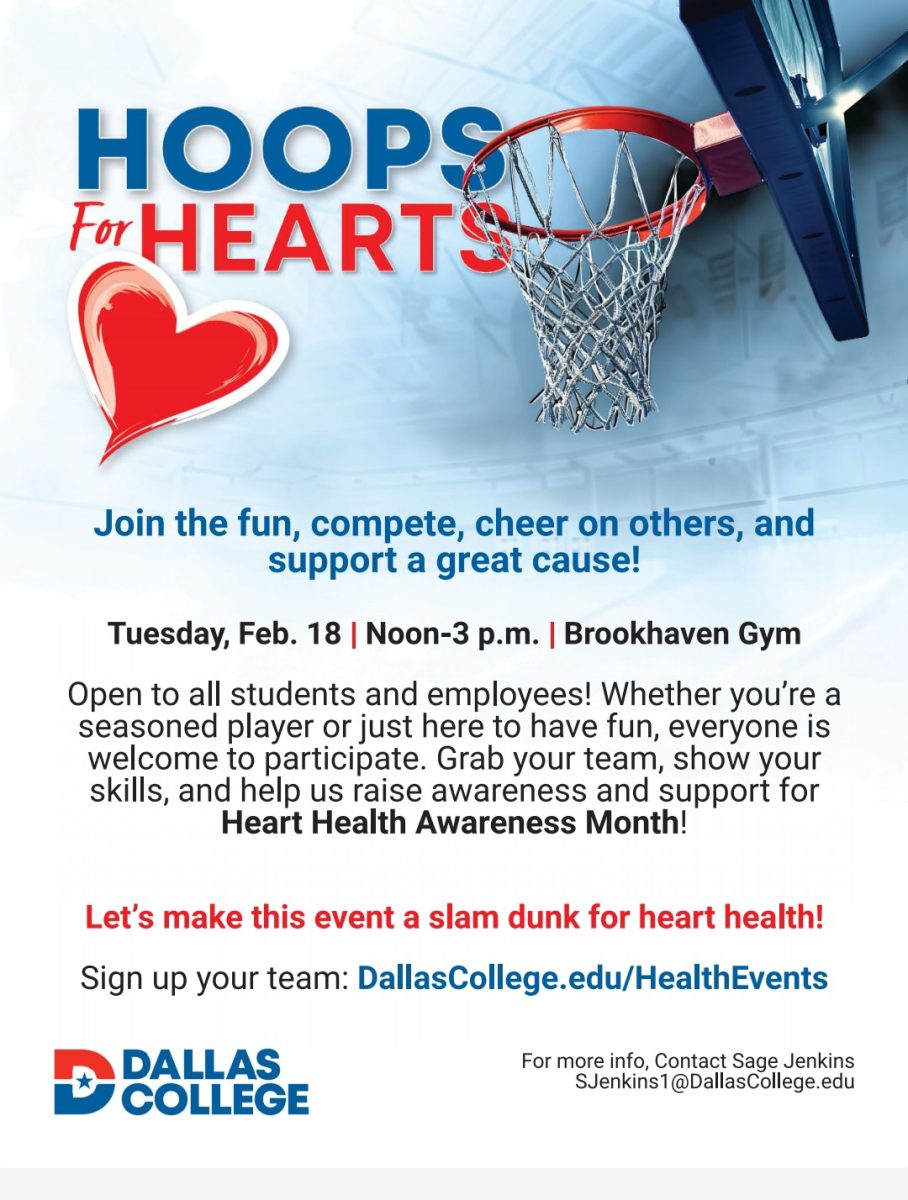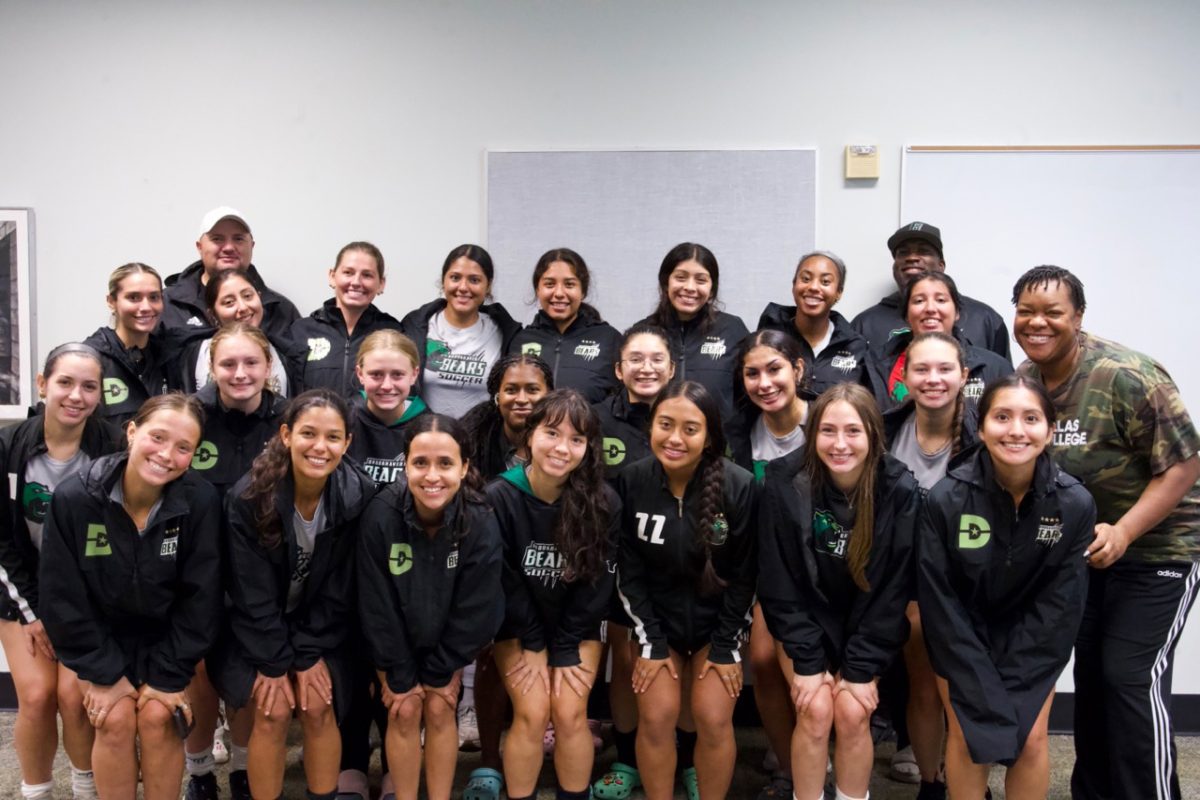By Sam Doherty
Copy Desk Chief/Sports Editor
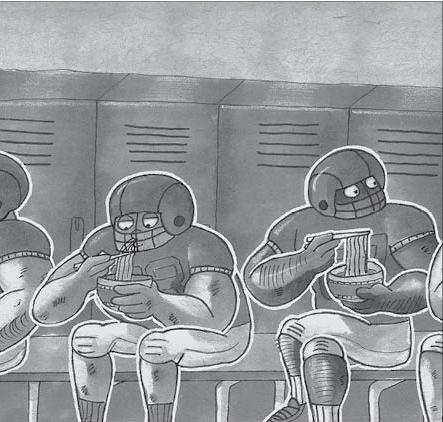
College athletes push for higher compensation while courts rule against payment for playing
Student athletes are not paid to take part in college sports, but that does not mean they are not being compensated.
Their compensation usually comes in the form of athletic scholarships, which include free education, the chance to represent their universities for a lifetime and, most importantly, less worry about paying for student loans, textbooks, meal plans and on-campus living.
But every year when college football season comes to an end and the Division I men’s basketball teams approach the NCAA tournament, the topic of whether or not student athletes should be paid always arises. In the fall of 2015, the U.S. 9th District Circuit Court of Appeals took on Ed O’Bannon, a former UCLA basketball player’s, antitrust suit against the NCAA.
According to an article in The New Yorker, the court’s ruling reversed a lower court’s decision that would have granted former athletes as much as $5,000 a year in deferred compensation for use of images in video games and other commercial ventures. The trial’s outcome also required the NCAA to increase scholarship payouts to cover the full cost of college attendance.
In other words, the situation remained the same – student athletes will not be paid to play collegiate sports.
No system of payment can be put in place that is fair to all students, all sports and all schools that participate in college athletics.
These student athletes cannot control the popularity and ratings of their given sport, and players of different sports all put in the same amount of hard work and dedication on and off the field. So, how is it fair to pay the students of any one sport more than the athletes of another?
Not only would the dollar amounts vary wildly from one sport to another, but there would also be difficulty in differentiating between men’s and women’s athletics. The system runs the risk of being unfair.
Some people think student athletes are being exploited while their schools become multi-billion dollar businesses. However, every student who accepts a sports scholarship knows it is the school’s priority to make money off their efforts on the playing field. These students agreed to what they’re complaining about.
“It’s impossible to be the victim when you are the enabler,” Scoop Jackson, of ESPN, said.
These student athletes should not be upset with their colleges because they signed up for the scholarship in the first place. It is a consensual trade-off, like when a person takes an unpaid internship to prepare for a career.
Ekow N. Yankak, contributor for The New Yorker, said paying students erodes the association fans have of student athletes walking the same halls, having the same professors and sweating the same finals they once did.
He added that a university’s values would be lost if student athletes chose colleges that bid the highest without factoring in academic quality, tradition or the quality of campus facilities.
The only argument I find beneficial in favor of student athletes is that their academic course loads, physical conditioning, practice and competition schedules make it very difficult for them to have part-time jobs. Scholarships don’t always cover all living expenses or social outings, which, in my mind, are an important part of college life.
Being paid is not the answer, though. With pay, these students would not be student athletes. They would be employees.
Because the NCAA as a whole makes $6 billion annually, according to usnews.com, there has to be a way to divvy up some of the money into a student athlete fund so each new school year, student athletes would be compensated a little more than usual.
The financial hardship of graduating college and not knowing whether a job awaits after graduation can be stressful. Most students would be happy to play a sport for four years if it meant they didn’t have to pay college tuition.
The way I look at it, college allows students to earn degrees and helps jumpstart their careers. So student athletes are lucky. They get the chance to conquer two separate career goals at the same time: earn a degree like most students and gain exposure playing sports.
Welcome to the real world, student athletes.







